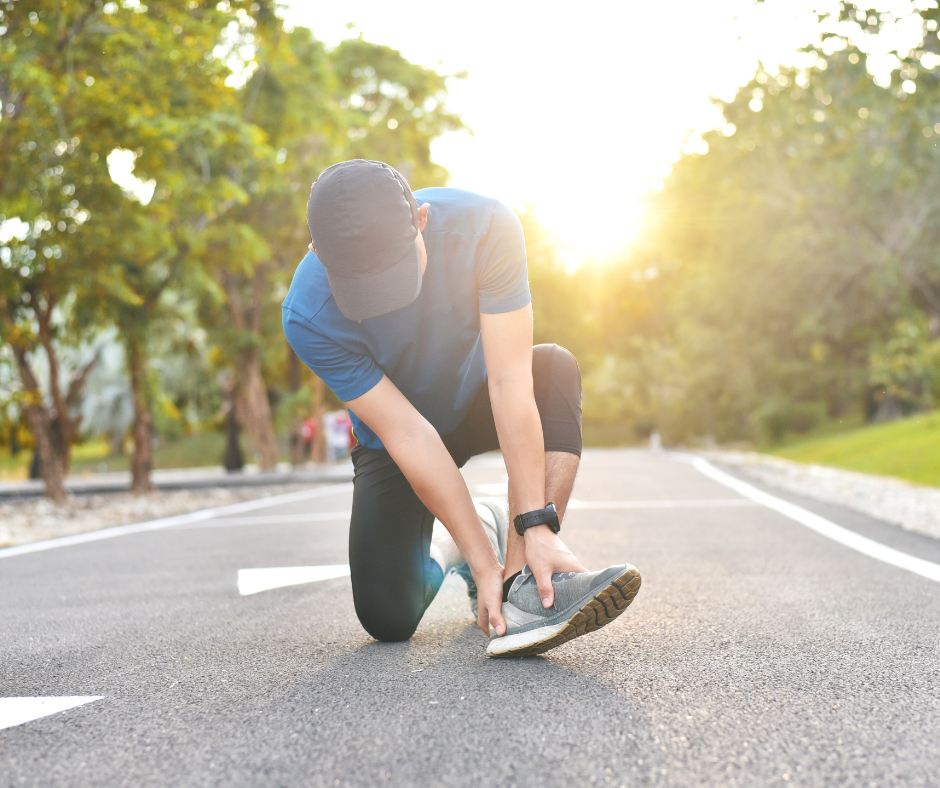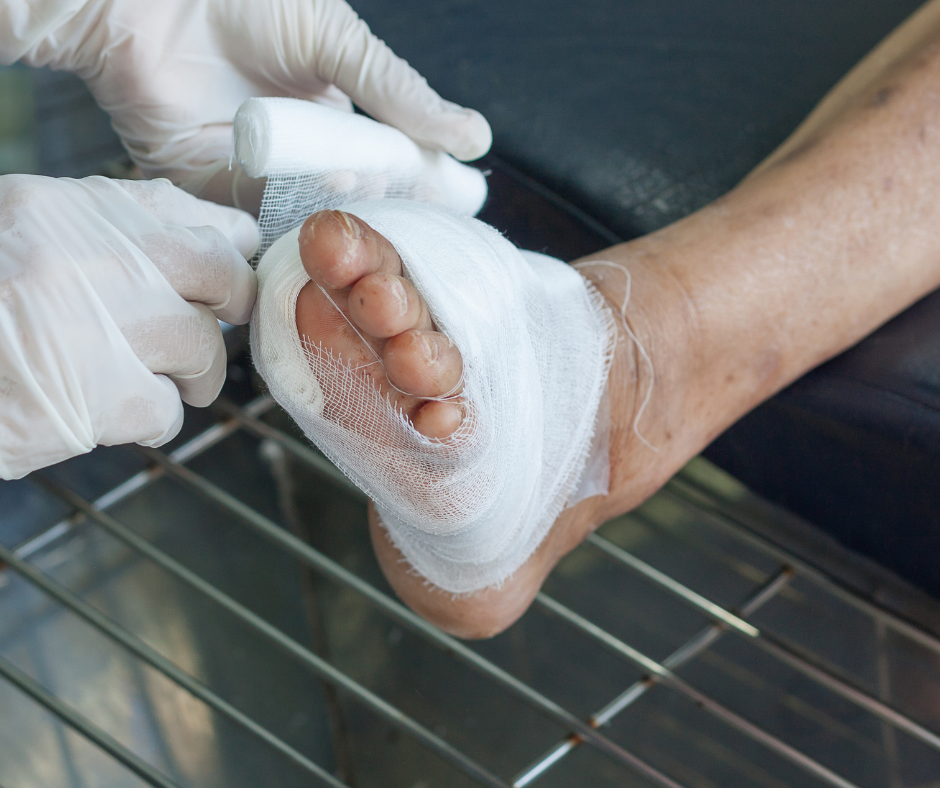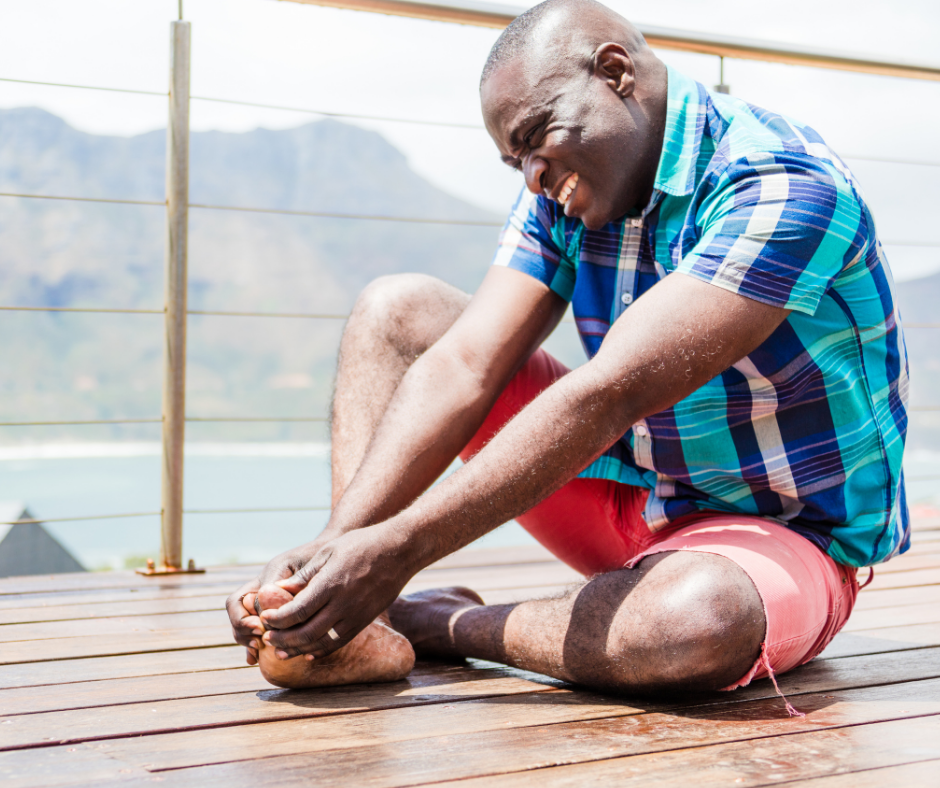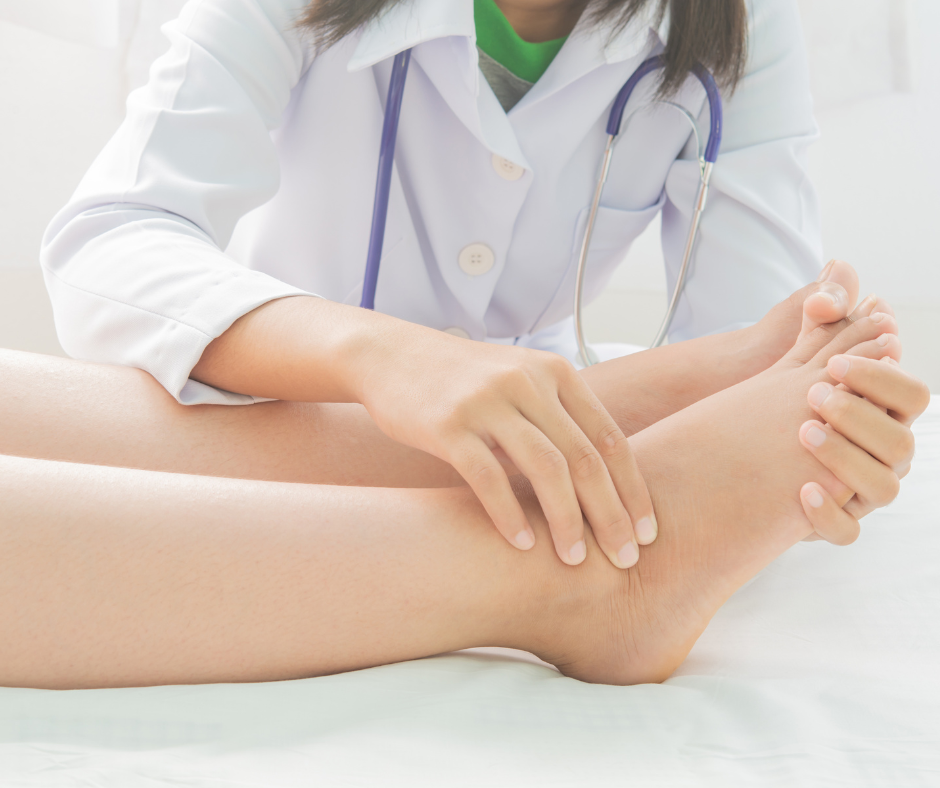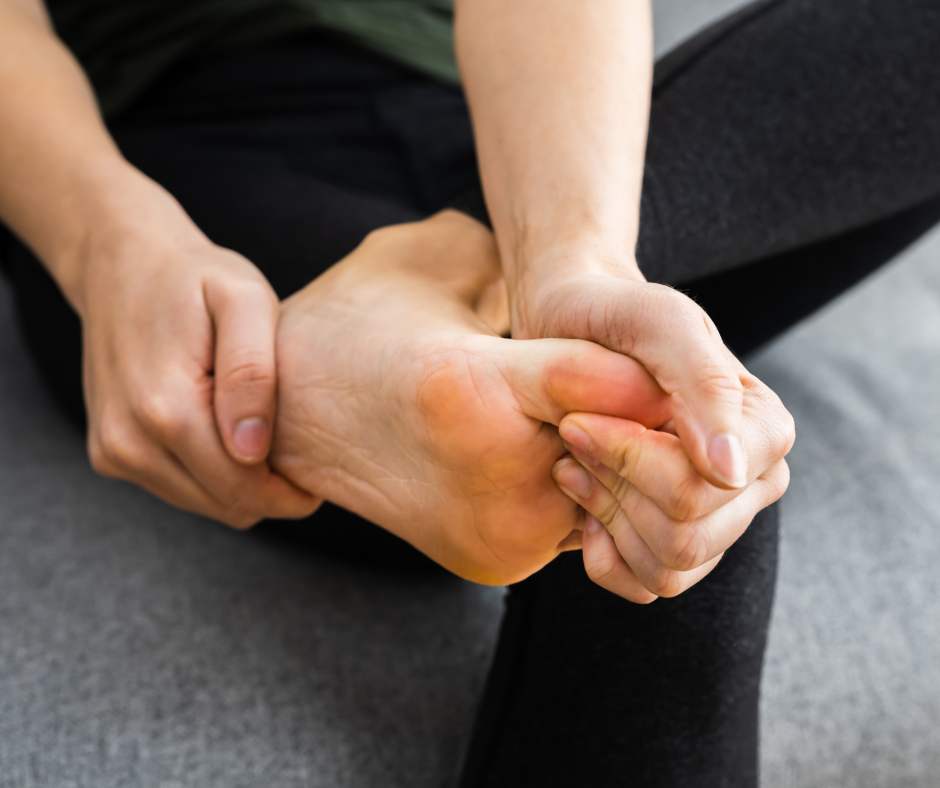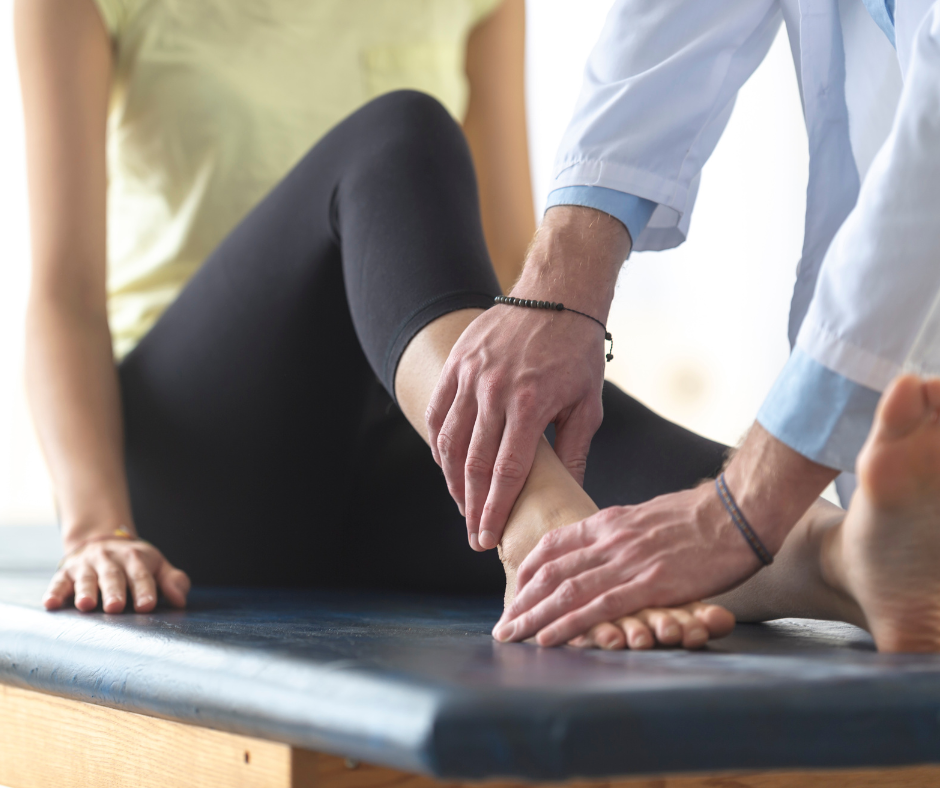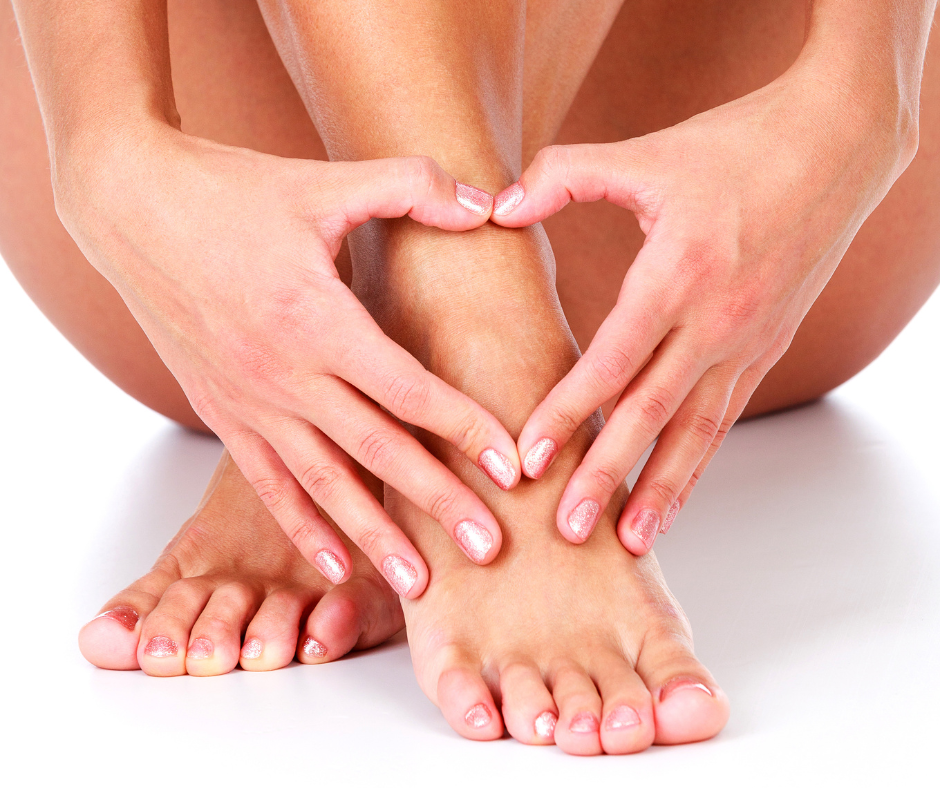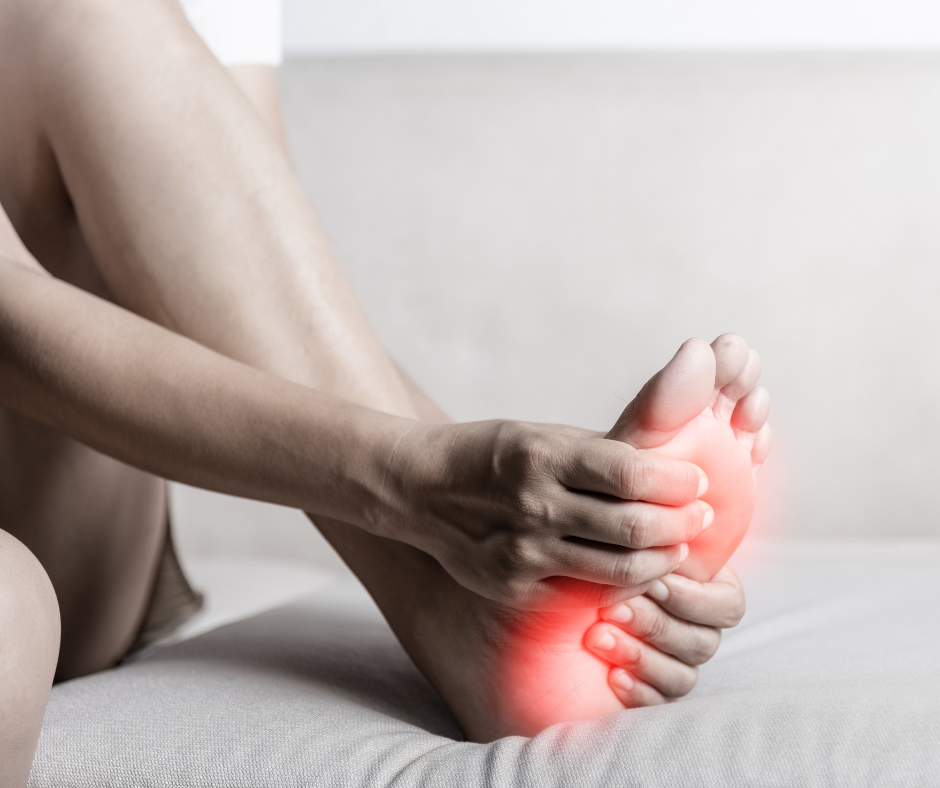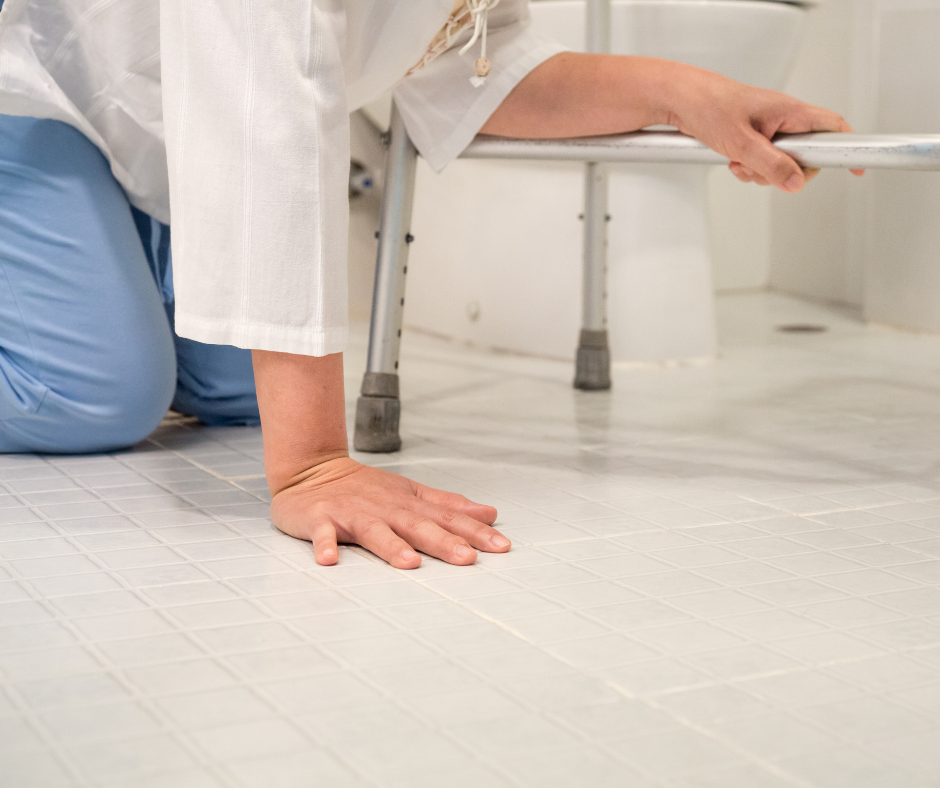Unfortunately, when our children are experiencing foot pain, they don’t always tell us or are too young to communicate their pain. Not addressing foot pain until the problem worsens can lead to more challenging conditions and treatment plans. This is why keeping an eye on your child’s feet is crucial. Step By Step Family Foot Care is here to make that easier for parents.
Top 3 signs that your child’s feet need your attention:
1- Skin Looks Different
Sores and spots can develop anywhere on the feet. Red spots on the soles of the feet are a sign of an infection called hand, foot, and mouth disease. If you notice scaly spots on your child’s toes, your child could have athlete’s foot. And fleshy, elevated bumps that won’t heal are possibly warts that can be permanently removed.
2- Other Changes in Appearance
Examine your child’s ankles, feet, and gait. Note any blisters, redness or oozing, sudden pain, swelling, awkward gait, abnormal wear in their shoes, nail discoloration, changes in their skin, or redness. Also, note if any moles change in shape, size, or color.
3- Pain Doesn’t Go Away
Any pain that doesn’t go away with time is not normal. For instance, children are not safe from heel pain, particularly if they’re active in sports. Younger children have a growth plate in their heels, and walking can become painful when injured. Some children also suffer from arch pain, which may indicate flat feet. Even if your child can walk with their pain, it’s still possible they may have a tiny bone fracture.
Treating foot pain in children may be as simple as purchasing shoes in the next size up or as complex as surgery. If your child complains of foot pain or other issues, don’t wait – contact us to schedule an appointment.
Step By Step Family Foot Care is here to assist you with your podiatry needs! To make an appointment with Dr. Debra Manheim, call us at (973) 917-3785 or visit our site to schedule an appointment. The staff at our Parsippany office is ready and eager to help.



